In the coming years, the market for fleet management systems is anticipated to expand dramatically. This is primarily due to the numerous benefits these systems provide to organizations. In fact, according to recent research, organizations utilizing fleet management systems save an average of 10% on operational expenses.
According to independent research, nearly 60% of organizations questioned by the Aberdeen Group want to install or extend their usage of fleet management systems during the next twelve months.
There is little doubt that fleet management solutions play a significant role in lowering operational expenses. But precisely how do these systems save you money? Let us examine various methods for reducing the labor costs associated with fleet management. Read on to discover how these solutions assist your business, from lowering fuel usage to enhancing vehicle maintenance.
Understanding fleet management systems
Fleet Management Process
Fleet management is maximizing a company’s vehicle fleet’s operation and upkeep. The objectives of fleet management are to lower the fleet’s total cost of ownership (TCO), increase vehicle usage, and assure compliance with all regulatory requirements.
To accomplish these objectives, fleet managers adopt effective rules and processes for vehicle procurement, finance, insurance, driver management, vehicle maintenance, and disposition. Effective fleet management results in substantial cost savings for a business. For instance, by increasing vehicle usage, a corporation reduces the frequency with which it acquires new cars. And by instituting preventive maintenance procedures, a business avoids expensive repairs.
Cost categories for fleet management
There are six primary fleet management expense categories:
Fuel costs
The main expenditure for most trucks is fuel. By optimizing your routes and monitoring your drivers’ behavior, fleet management solutions help you save money on gasoline.
Maintenance expenses
Maintenance of vehicles is the second highest expenditure for trucks. Fleet management systems help you keep track of maintenance schedules and records for your cars and identify discounts on parts and labor.
Salaries and wages
Driver compensation is the third most significant fleet expenditure. Tracking your drivers’ hours and miles traveled allows you to optimize their routes and decrease their overtime compensation.
Cost of vehicle depreciation
Depreciation of vehicles is the fourth highest expenditure for fleets. Fleet management solutions help you monitor the depreciation rates of your cars so that you work your budget properly.
Insurance claim expenses
Insurance claim fees are an often-overlooked sort of fleet management expense. Fleet management solutions assist you in keeping track of your cars’ insurance claims, allowing you to budget appropriately.
According to NCCI statistics, motor vehicle accidents account for the most expensive lost-time workers’ compensation claims by the source of injury, averaging $85,311 per claim submitted in 2019 and 2020. Burns ($54,173), falls or slips ($48,575), and being caught ($44,588) were the other causes of above-average expenditures.
Costs for towing and recovery
Towing and recovery expenses are a different sort of fleet management expense that is frequently neglected. Fleet management solutions help you keep track of your cars’ tows and recoveries to allocate funds correctly.
Fleet management systems features & benefits
Software for fleet management enables fleet managers to optimize fleet operations. Fleetio’s all-in-one equipment management solution is highly beneficial due to its many features. Typical features of fleet management software include GPS monitoring, vehicle maintenance tracking, driver management, and dispatch management. Let’s check out their details.
GPS monitoring
GPS tracking is integral to most fleet management software. GPS monitoring enables fleet managers to monitor their cars’ positions in real-time, optimizing routes and minimizing fuel expenditures.
Vehicle maintenance
The tracking of vehicle maintenance is a standard element of fleet management software. This function assists fleet managers in keeping track of their trucks’ maintenance schedules and records and even helps them locate discounts on parts and labor.
Driver management
Another prominent element of fleet management software is driver management. This tool allows fleet managers to track the hours and miles their drivers traveled, optimizing routes and saving overtime costs.
Dispatch management
The final common aspect of fleet management software is dispatch management. This tool assists fleet managers in routing their cars along the optimal routes based on traffic conditions, weather, and other variables.
How does fleet management technology help you reduce expenses?
Costs associated with fleet ownership and operation aren’t a secret. But what many fleet managers need to know is that there are various cost-cutting opportunities using fleet management systems.
The top four methods in which fleet management systems assist you in saving expenses are as follows:
- A robust fleet management system helps you measure and control your cars’ fuel consumption, reducing fuel costs. This helps you detect and fix any issues, such as inefficient driving practices or maintenance difficulties, causing your vehicles to consume more gasoline than required.
- Fleet management systems also help you keep track of your vehicles’ maintenance requirements, allowing you to guarantee that they are constantly adequately maintained and don’t require unnecessary repairs.
- Enhancing driver safety. Safe drivers are less likely to be involved in accidents, which saves repair and insurance expenses. Fleet management systems enhance driver safety by offering capabilities like real-time tracking, speed limit warnings, and geofencing.
- A smart fleet management system automates several time-consuming operations, including vehicle scheduling, billing, and dispatching which allows you to concentrate on additional critical duties and reduce administrative expenses.
Tips for reducing labor expenditures in fleet management systems
Several fleet management software alternatives are available, each with its features and benefits. When selecting a system, it is essential to analyze your unique requirements and how the system helps you save money.
Here are some characteristics of good fleet management software:
- Cost-saving features: Search for a system with cost-saving features, such as fuel tracking and optimization, maintenance reminders, and GPS tracking.
- Ease of use: Choose an easy-to-use solution to prevent costly errors. A quality system features an easy-to-use interface and straightforward instructions.
- Scalability: Ensure that your selected system expands with your organization. Consider a system that is adaptable to your changing demands.
- Support: Choose a system from a firm that provides outstanding customer service if you have any inquiries or issues.
Tips for additional labor cost reduction in fleet management
Here are some more methods to cut your fleet management expenses significantly:
- Review your fleet management system and find where you need to make cost-cutting modifications.
- Ensure that your fleet management system is connected with your other business systems, such as accounting and inventory, to eliminate data input duplication and increase productivity.
- Automate duties such as vehicle scheduling, maintenance reminders, and driver log books using technology. This reduces the need for manual data entry, saving time and money.
- Evaluate your current supplier contracts and pricing to guarantee you’re receiving the best available costs. If required, renegotiate arrangements or seek other suppliers who provide more advantageous terms.
- Evaluate your fuel use and investigate strategies to minimize it through improved routing, driver training, and the use of alternative fuels. Fuel is often one of a fleet’s significant expenditures, so even little reductions significantly affect the bottom line.
- Utilize technology for fleet management, such as GPS tracking, to monitor and enhance vehicle usage. This helps you discover underused cars and make more informed decisions on their replacement or addition to the fleet.
- Implement rules and processes to guarantee the correct maintenance of your cars. This assists in reducing breakdowns and prolonging the life of your fleet.
- Educate your drivers on the significance of safe driving and vehicle maintenance. This helps prevent accidents and boost driver morale, resulting in long-term cost savings.
- Review your fleet management system frequently and make any improvements. This guarantees that your system is as effective and efficient as possible, allowing you to adapt to changing requirements.
- Develop and execute a preventive upkeep program for your trucks. Addressing concerns before they become problems helps prevent costly repairs and downtime.
- Optimize driver routes to save time and money on travel using a GPS monitoring device or manually arrange courses according to traffic patterns and other considerations.
- Provide incentives to motorists who run their cars safely and efficiently. This assists in promoting safe driving practices and boosts your bottom line.
- Ensure your fleet management system is correct and up-to-date. This involves having the most recent software upgrades and entering all data accurately.
- Utilize the statistics and analytics generated by your fleet management system to find areas where you need to increase efficiency and save costs. You need to use this information to modify your system or create new rules and procedures.
- Have a strategy for when vehicle replacement is necessary that assists you in budgeting for new purchases and avoid unforeseen expenses.
How about employing a good fleet management system
There are several ways in which fleet management systems help you decrease expenses, including lowering fuel use and increasing maintenance and driver performance. The proper fleet management system saves you money on transportation expenses and keeps real-time, allowing you to detect and fix any problems that arise rapidly.

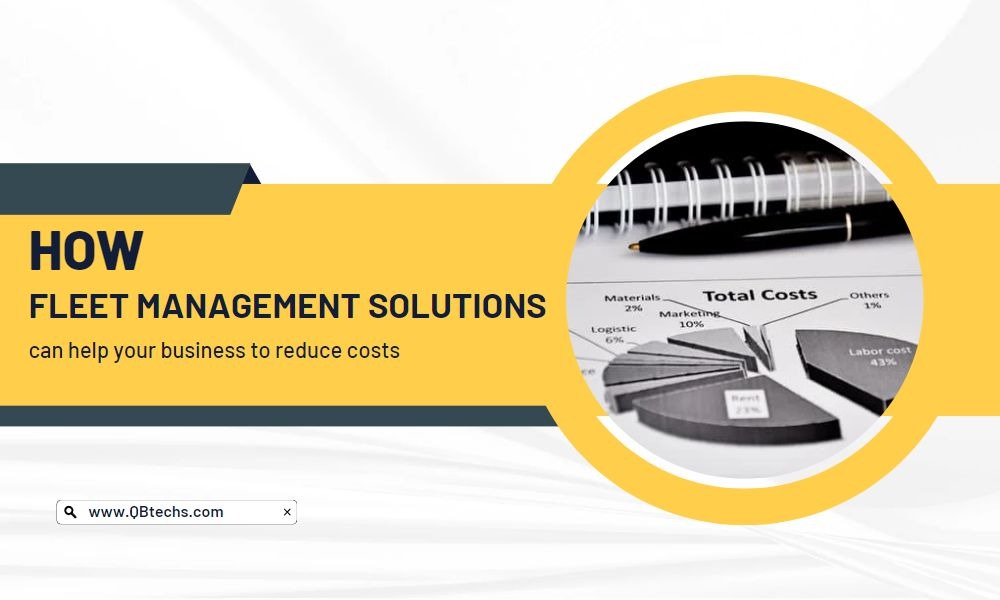

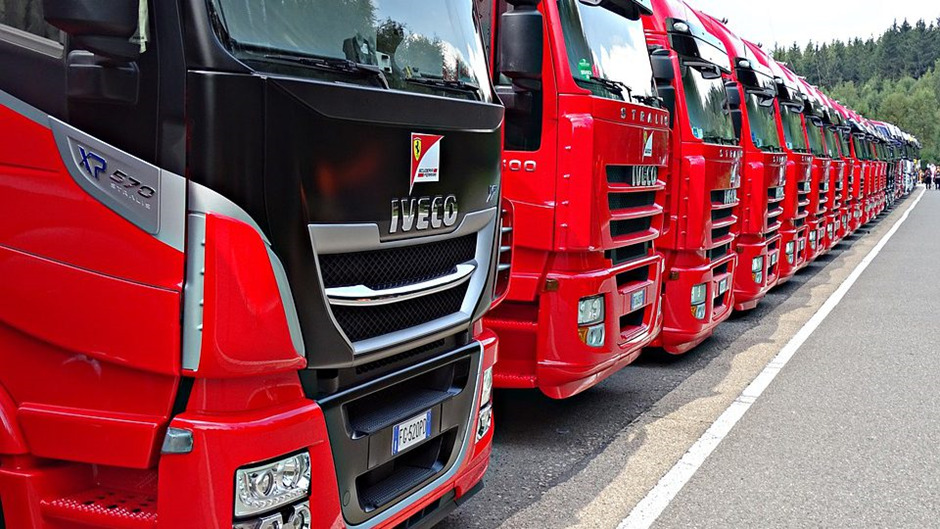
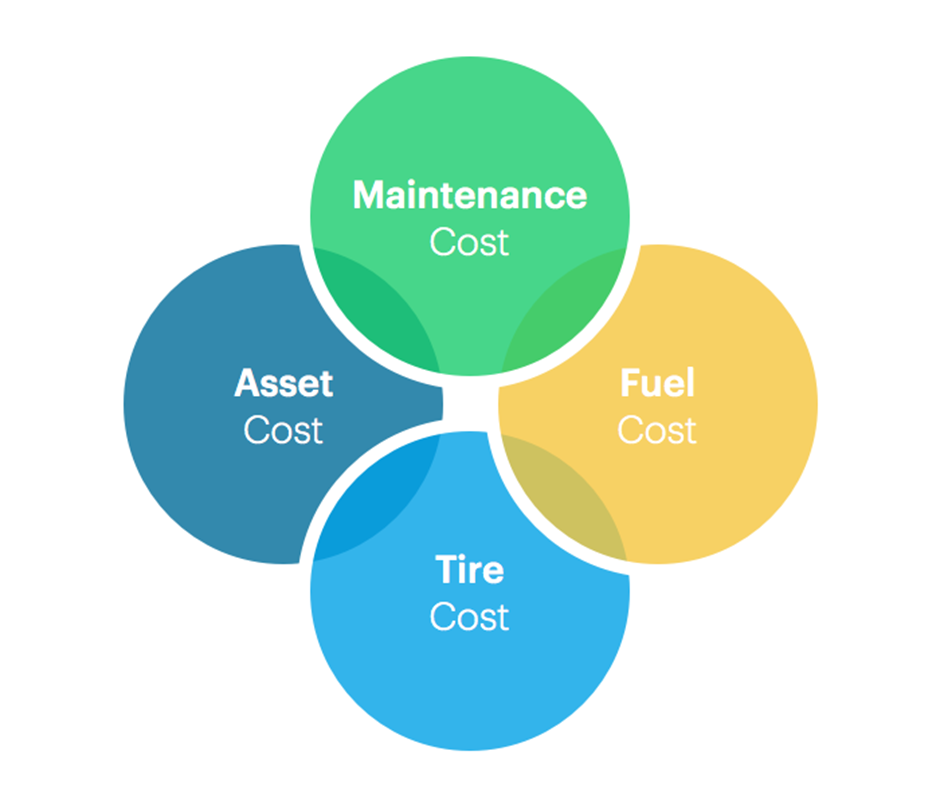
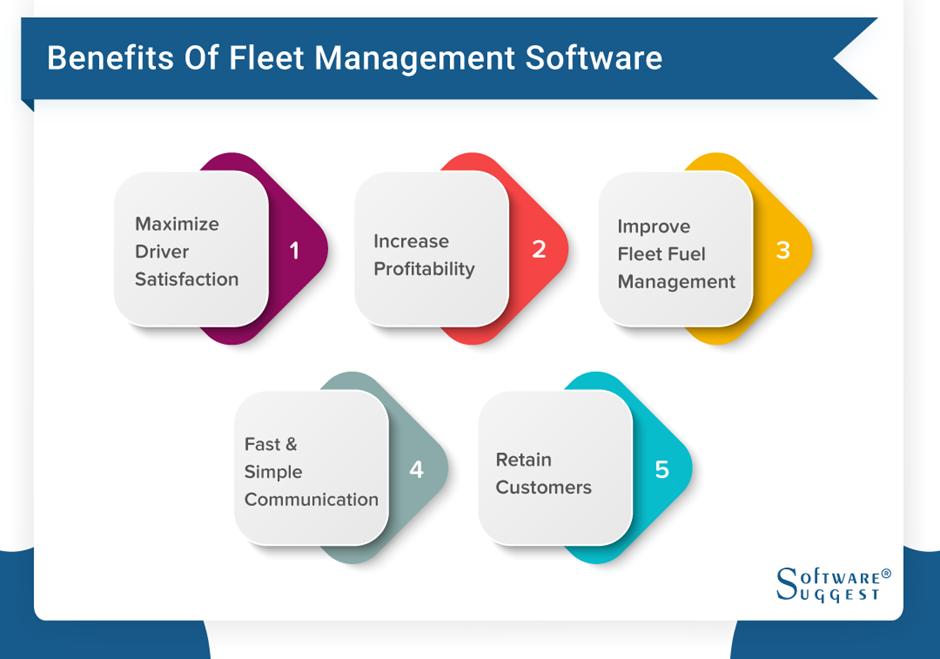
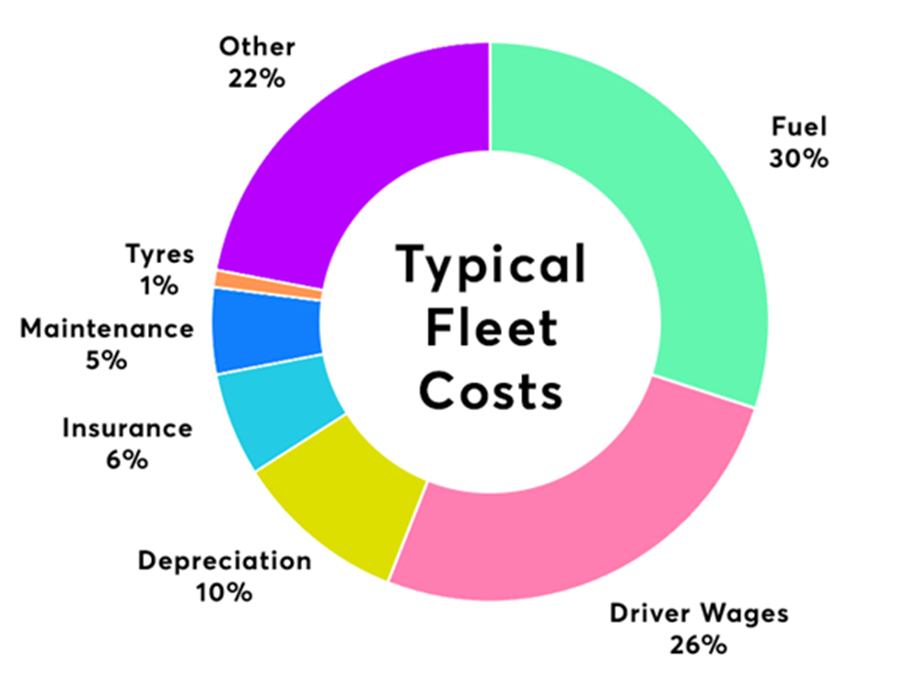

Leave A Comment
You must be logged in to post a comment.